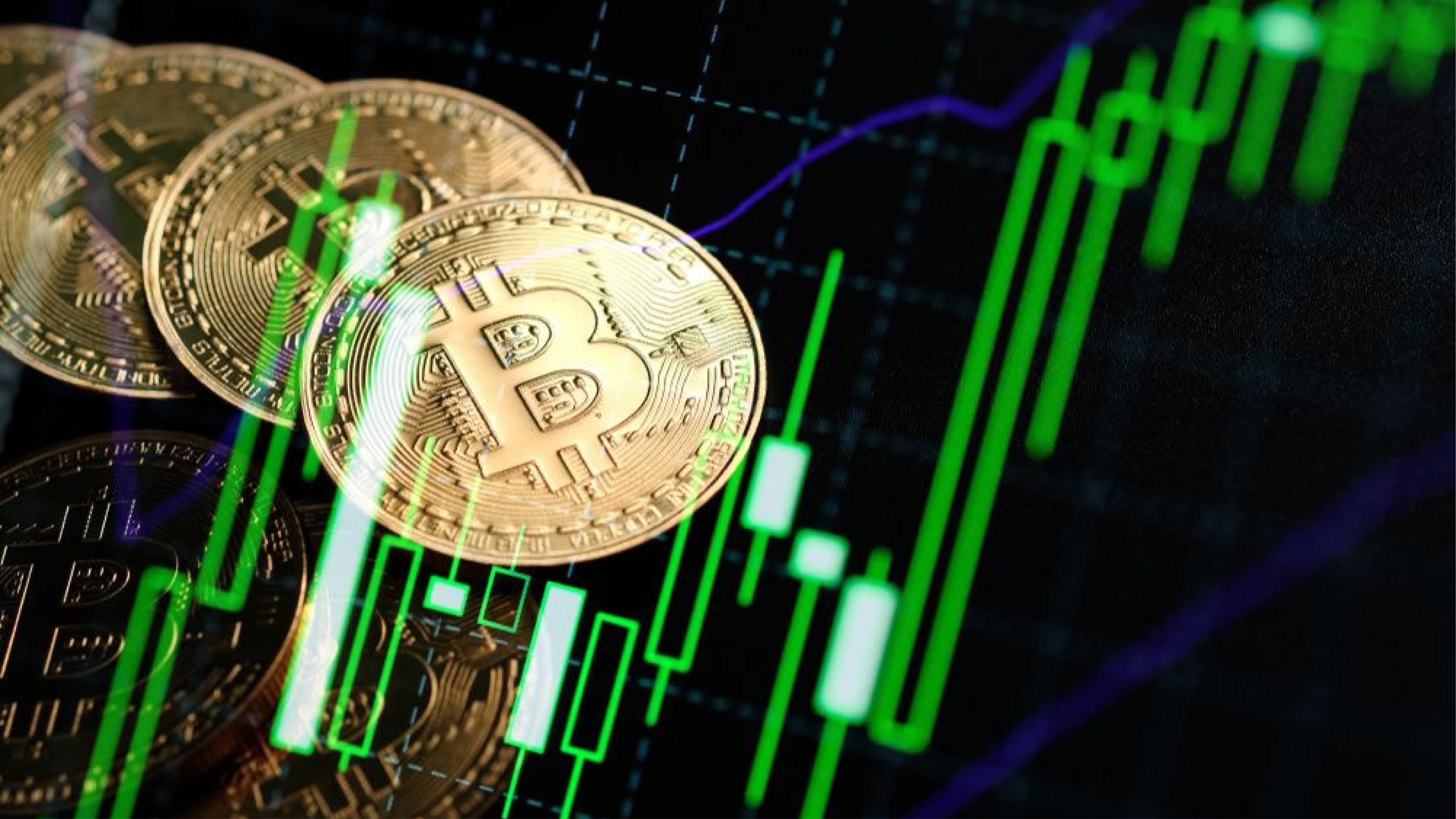00968 XINYI SOLAR
- 2.990
- -0.080-2.61%
XINYI SOLAR News
Hong Kong stock market changes | Photovoltaic stocks generally fell in early trading, with some companies' bids below the self-regulated minimum price set by the industry. Goldman Sachs previously stated it is monitoring the follow-up execution of product
In the morning session, solar stocks experienced widespread declines. As of the time of reporting, XINYI ENERGY (03868) fell by 3.61%, trading at 0.8 HKD; FLAT GLASS (06865) decreased by 2.63%, trading at 11.84 HKD; XINTE ENERGY (01799) dropped by 2.31%, trading at 7.61 HKD; XINYI SOLAR (00968) declined by 1.89%, trading at 3.12 HKD.
The first data property rights registration certificate for the NENGYUANHANGYE in the country has been issued in Guangzhou.
On December 17, Gluohui reported that the Southern Energy Industry Trusted Data Space (Guangdong) was launched, and the CNI Data Factor Index Ecological Conference was held in Guangzhou. At the conference, Southern Power Grid Guangdong Electric Power Company received the first "Data Property Registration Certificate" issued by the Guangzhou Exchange, which is also the first data property registration certificate obtained in the national energy industry, marking significant progress in Guangdong's structural separation of data property rights and compliant circulation.
Xinyi Solar Secures Marine Transport Services Deal
XINYI SOLAR (00968.HK) has established a Marine Transportation agreement with XINYI Marine Transportation.
On December 17, Gelonghui announced that XINYI SOLAR (00968.HK) has signed a Marine Transportation agreement with XINYI Marine Transportation, under which XINYI Marine Transportation will provide marine transportation services to the XINYI SOLAR Group from December 17, 2024, to December 31, 2026 (including both dates).
[Brokerage Focus] Zhongtai International reduces the Target Price for XINYI SOLAR (00968) by 16.36%, indicating that the adjustment of the production line will undoubtedly affect short-term revenue.
Kingwoo Finance News | Zhongtai International released a Research Report stating that as of the end of November, XINYI SOLAR (00968) has cumulatively cold-repaired nine Photovoltaic Glass production lines, with a total daily capacity of 7,000 tons (2,000 tons in the first half of the year and 5,000 tons in the second half). Among them, the two cold-repaired 1,000-ton production lines from the first half of the year have completed the project but have not yet been reignited and put into production, while the other cold-repair projects are still in progress. In terms of new capacity, the company has completed the construction of six Photovoltaic Glass production lines this year, of which (1) two 1,200-ton lines in Malaysia have been ignited and put into production in June and August respectively; (2) two 1,000-ton lines in Wuhu, Anhui.
Zhongtai International: Maintains XINYI SOLAR (00968) "Neutral" rating, Target Price lowered to HKD 3.22.
The company plans to ignite and put into production four 1,000-ton and one 900-ton production lines that are undergoing cold repairs this year, as well as the newly constructed Wuhu production line, based on market and company's own circumstances, at the right time in the future.
Pacific Securities: A reversal in the photovoltaic Industry is imminent. Pay attention to three directions.
The Research Reports from The Pacific Securities indicate that with continuous breakthroughs in new markets and new technologies, a new cycle of price parity in solar storage is accelerating its onset, and a reversal in the photovoltaic Industry is imminent, suggesting attention to three directions.
XINYI SOLAR (0968.HK): temporary decline in production capacity, weak Glass prices.
It is expected that the effective annual melting volume in FY24 will decrease by 3.1%. As of the end of November, the company has cumulatively cold repaired nine Photovoltaic Glass production lines this year, with a total daily capacity of 7,000 tons (2,000 tons in the first half of the year, 5,000 tons in the second half).
[Brokerage Focus] Guoyuan International points out that the bottom cycle of the Photovoltaic Glass Industry is clear and is Bullish on the demand recovery in Q2 2025, after which the industry will start a new cycle.
Jingwu Financial News | Guoyuan International released a Research Report stating that on October 30, 2024, the Ministry of Industry and Information Technology issued the "Implementation Measures for Capacity Replacement in the Cement Glass Industry (2024 Edition)", removing the previous version's provision that photovoltaic glass production lines do not require a capacity replacement plan, and increasing encouragement for photovoltaic rolled glass projects to be constructed through capacity replacement, which is expected to help alleviate the supply pressure of photovoltaic glass to some extent. According to the latest policy from the Ministry of Industry and Information Technology, the construction of photovoltaic glass production lines can proceed through capacity replacement or a risk warning mechanism. Since the hearing process began in 2022, three batches of projects have been approved, and the overall production rate of the approved projects is relatively low.
In "The Major Companies", China International Capital Corporation's investment ratings and target prices for China's Energy stocks (table).
Bank of China International released a research report, listing the investment ratings and target prices for Chinese Energy stocks as follows: Stock | Investment Rating | Target Price (HKD) HUANENG POWER (00902.HK) | Buy | 6.2 HKD HUADIAN POWER (01071.HK) | Buy | 4 HKD CHINA RES POWER (00836.HK) | Buy | 22 HKD CHINA POWER (02380.HK) | Buy | 4.6 HKD FLAT GLASS (06865.HK) | Hold | 14.3 HKD XINYI SOLAR (00968.
Hong Kong stock market anomaly | photovoltaic stocks fell again, increased volume and reduced prices put pressure on enterprise operations, industry self-discipline is expected to promote industry bottoming out.
Photovoltaic stocks continue to be under pressure. As of the time of publication, flat glass (06865) fell by 3.29%, to HK$12.34; xinyi solar (00968) fell by 3%, to HK$3.23; xinyi glass (00868) fell by 3%, to HK$7.76.
Hong Kong Shares Fall 0.8%, Markets Weigh China Inflation Data -- Market Talk
China's Solar Industry Looks to OPEC for Guide to Survival
Hong Kong stocks fluctuation | Some solar stocks remain under pressure xinte energy (01799) fell nearly 4% flat glass (06865) fell nearly 3%.
Some photovoltaic stocks are under pressure. As of the time of writing, xinte energy (01799) has fallen by 3.79%, trading at 7.88 Hong Kong dollars; flat glass (06865) has decreased by 2.74%, trading at 12.8 Hong Kong dollars; xinyi solar (00968) has dropped by 1.77%, trading at 3.33 Hong Kong dollars.
The annual conference of the Photovoltaic Industry Association of China did not release positive news, and photovoltaic power stocks performed weakly. GCL Tech (03800) fell by 4.38%.
Jinwu Financial News | Photovoltaic power stocks are performing weakly, gcl tech (03800) fell by 4.38%, flat glass (06865) fell by 3.95%, xinte energy (01799) fell by 3.3%, sfsy energy (00750) fell by 3.13%, xinyi solar (00968) fell by 0.99%. The market is watching for the China Photovoltaic Industry Association annual conference to be held in sichuan from December 4 to 6. Zhongtai International stated that if there are no positive news after the meeting, there may be unfavorable factors such as high tariffs for products imported from the usa to southeast asia and a continuous decline in photovoltaic product prices.
Express News | The photovoltaic industry has initiated production control and price protection: leading companies have signed a self-discipline agreement, but no specific quotas have been stipulated.
The Ministry of Commerce of the country: The photovoltaic industry needs to promote industrial upgrading and strengthen international cooperation.
The 2024 annual conference of the solar energy industry was held yesterday (the 4th) in sichuan. Gu Yu, the deputy director of the Trade Relief Investigation Bureau of the Ministry of Commerce, stated that the solar energy industry should adhere to technological innovation, promote industrial upgrades, and build core competitiveness in international markets; strengthen international cooperation and achieve win-win development, writing a global cooperation story; unite industry forces, build a positive ecology, and promote the healthy development of the solar energy industry; the Ministry of Commerce will continue to maintain a good business environment and safeguard the development of the solar energy industry. As for Wang Shijiang, the deputy director of the Electronic Information Division of the Ministry of Industry and Information Technology, he believes that the prospects for the solar energy industry are undoubtedly bright and believes that spring will not be far away.
Express News | The Ministry of Industry and Information Technology's Electronic Information Department: The future of the photovoltaic industry is beyond doubt, and I believe that spring is not too far away.
Chairman Cao Renxian of the China Photovoltaic Industry Association: Both the manufacturing and application ends of the photovoltaic industry maintained growth in the first three quarters.
On December 5th, at the annual conference of the China photovoltaic industry held today, Cao Renxian, Chairman of the China Photovoltaic Industry Association and Director of Sungrow Power Supply, stated that in the first three quarters of this year, the scale of photovoltaic manufacturing maintained growth, with production volumes of polysilicon, silicon wafers, and battery components all increasing by more than 20% year-on-year at each link.
Hong Kong stock concept tracking | Photovoltaic quotas are about to be implemented, and the economic bottom of each link in photovoltaics is solidly established and clear (including concept stocks).
The main conference on the industry's focus on "anti-involution" will be held tomorrow (the 5th) afternoon.

